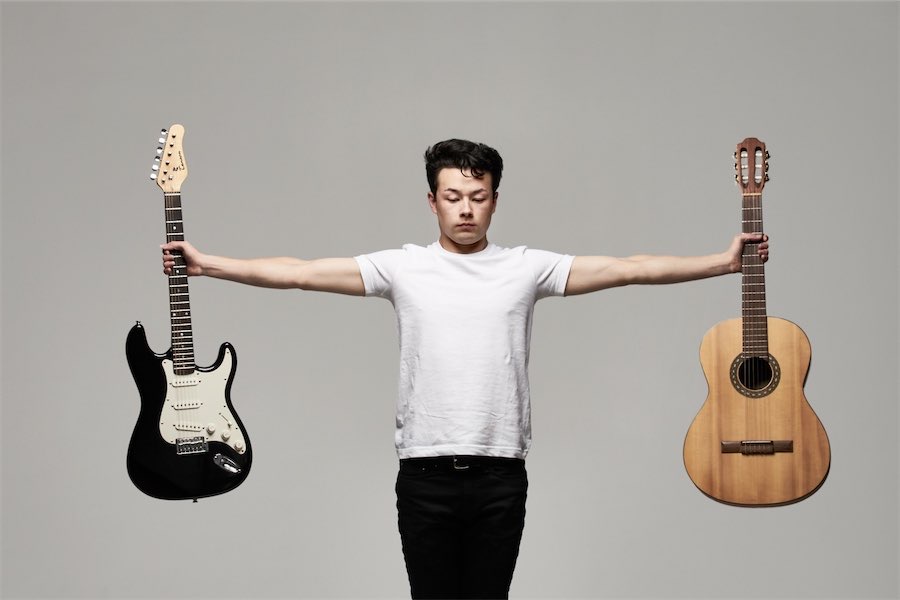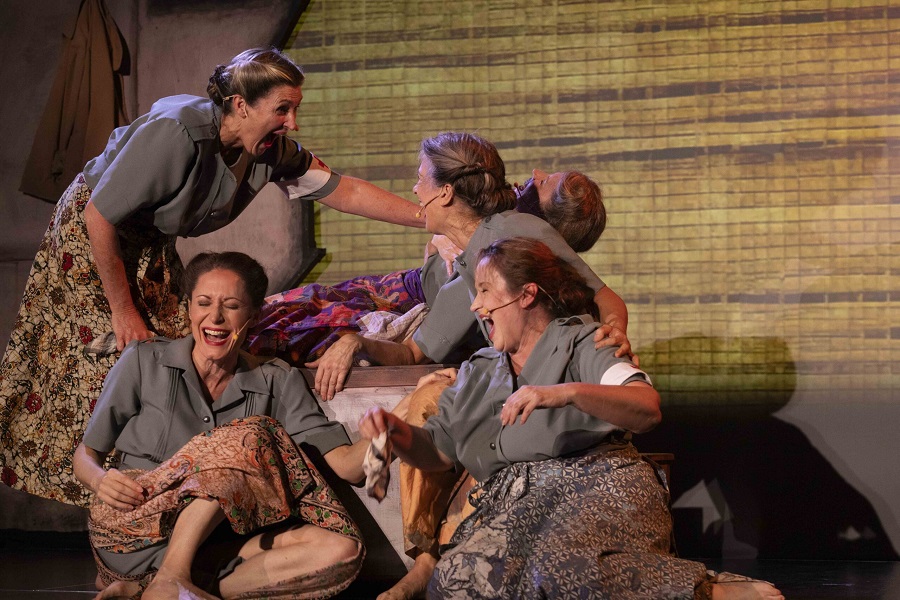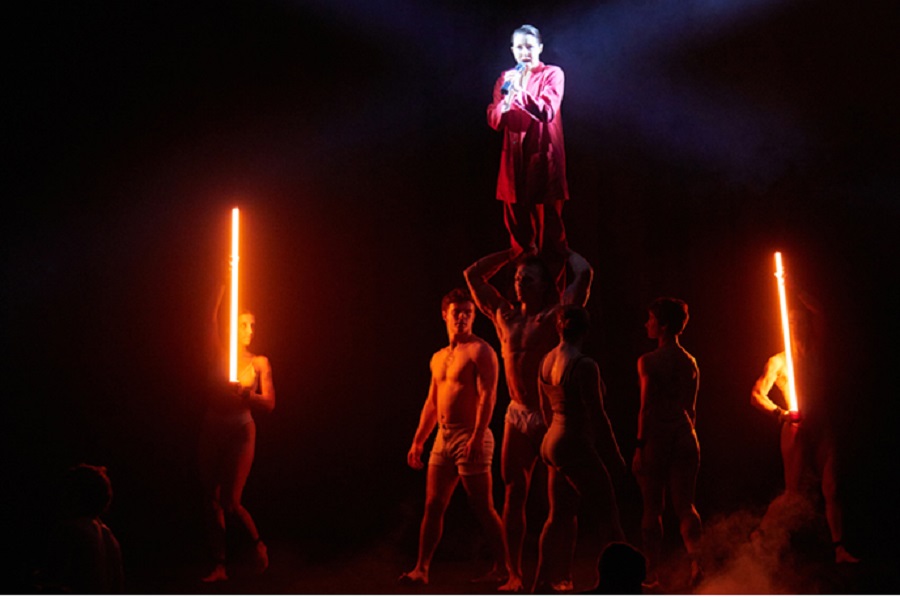
Music / Scotland Unbound, Australian Chamber Orchestra, Llewellyn Hall, November 17. Reviewed by GRAHAM McDONALD.
For this concert tour, the Australian Chamber Orchestra have joined forces with Scottish guitarist Sean Shibe for a program of music from, and inspired by, Scotland.
Shibe used an acoustic classical guitar in the first half of the program and a solid body electric, complete with an array of foot pedals in the second half.
The concert opened with a solo air on guitar, a piece originally for lute from the 17th century.
This was followed by arrangements of a modern work (albeit very much in the Scottish tradition) by Scottish composer James McMillan and a slow 6/8 jig from the Shetland Islands with Shibe nominally as the lead instrument with the 17 strings of the ACO behind him. Although there was a microphone in from of the guitar any re-enforcement of the guitar was done so subtly as to be unnoticeable and the guitar disappeared into the strings in anything more than the most sparse orchestration.
Amplifying a classical guitar in an orchestral environment is a tricky thing. Too much and the balance sounds unnatural, but too little means the guitar gets swamped and may as well be not there. It may have sounded different in other parts of the hall.
After three arrangements by Scottish/Australian composer James Crabb of Scottish fiddle music for the strings alone, Shibe returned for a work written for him by Canadian composer Cassandra Miller for guitar and strings. ACO musical director Richard Tognetti put down the violin for this work and conducted this most interesting and complex piece of music. I think it needs a couple more listens to fully absorb before commenting.
The second half of the concert featured Shibe on his electric guitar, starting with A Lad by American composer Julia Wolfe written for nine sets of Scottish bagpipes. This quite startling piece of music has been rearranged for electric guitar and strings again by James Crabb. It is in three sections with discordant block chords to open, a pibroch-style slow air in the middle and a triumphant last section which brought the work together.
This was followed by Hirta Rounds, a quieter, more reflective piece for the strings by Scottish composer Davis Fennessy. This complex piece, which aurally describes a deserted Scottish island, led into the final set, three pieces arranged from an album called Bothy Culture by piper Martyn Bennett.
This album from the late 1990s blended Scottish bagpipes with electronic dance music, with James Crabb again effectively adapting quite different music for the ACO and Shibe’s electric guitar. This was fascinating music with the ACO bass player Maxime Bibeau shifting to an electric bass and cellist Julian Thompson moving to an Irish bouzouki, often doubling Shibe’s melodic lines.
For these final pieces the electric guitar was kept at a level that blended well with the strings, neither dominating or overwhelmed, adding tonal colour and a rhythmic pulse where necessary to finish off a most enjoyable concert.
Who can be trusted?
In a world of spin and confusion, there’s never been a more important time to support independent journalism in Canberra.
If you trust our work online and want to enforce the power of independent voices, I invite you to make a small contribution.
Every dollar of support is invested back into our journalism to help keep citynews.com.au strong and free.
Thank you,
Ian Meikle, editor








Leave a Reply